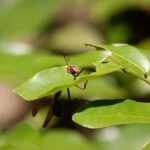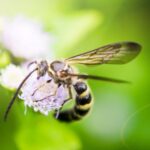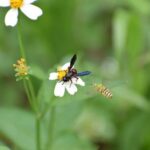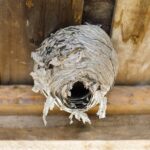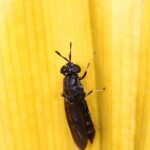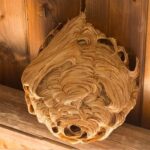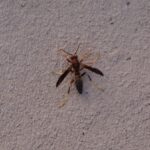What to Do After a Wasp Sting
Symptoms of a wasp sting include pain, swelling, and itchiness. If you have been stung by a wasp, it is important to seek immediate medical care. You may experience an allergic reaction, which can be very serious. If you are allergic to wasps, it is also important to avoid stinging insects. If you have a severe allergic reaction, you should call 911.
Severe allergic reactions to wasp stings may result in anaphylactic shock. This can be life-threatening. This condition requires emergency medical care, which may include emergency room visits or hospitalization. The symptoms of anaphylaxis include swelling of the throat, rash, wheezing, vomiting, and dizziness.
If you are suffering from a mild allergic reaction to a wasp sting, you can try simple home remedies to alleviate the symptoms. You can use antihistamines to ease the itching and pain. You may also apply a cold compress to the sting.
If you have an allergic reaction to wasp stings, it is important to wash the area with soap and water. If you are experiencing severe swelling and itching, you may want to apply an ice pack. You can also try using a pain reliever such as ibuprofen.
If you have been stung by stingers from European wasps, you should be aware of signs of anaphylaxis. You should be prepared to administer epinephrine as soon as you experience the symptoms. This medication will help prevent the sting from becoming life-threatening.
You should also wash the area with soap and water after you have been stung. You can also use a pain reliever such as ibuprofen or hydrocortisone cream.

